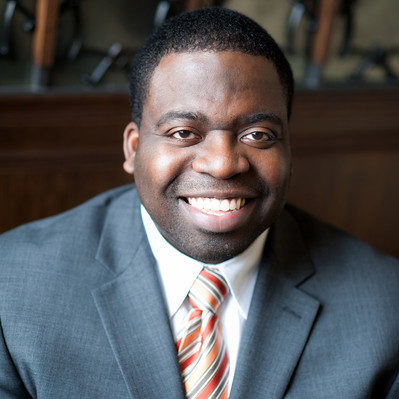Santorum said that 2012 is the most important election since 1860:
Obviously, it’s — so many memories come to mind when we walk on here in the town and across the street where Abraham Lincoln finished the Gettysburg Address at the Wills House. And you think about the great elections of our past.
And I’ve gone around this country over the past year now and said this is the most important election in our lifetimes. And, in fact, I think it’s the most important election since the election of 1860.
The election in 1860 was about whether these united states — which is what it was mostly referred to prior to the election of 1860 — would become the United States, whether it would be a union, a country bound together to build a great and prosperous nation, a — a nation based on a concept, a concept that we were birthed with, a concept birthed with our founding document of the Declaration of Independence.
I’ve said throughout the course of this campaign that while other issues are certainly important — the economy, joblessness, national security concerns, the family, the issue of life — all of these issues are important, but the foundational issue in this race, the one that is, in fact, the cause of the other maladies that we are feeling, whether it’s in the economy or whether it’s in the budget crisis that we’re dealing with, all boils down to one word, and that’s what’s at stake in this election, and it’s right behind me on that banner, and that’s the word “freedom.”
The election of 1860, the election that resulted in Republican Abraham Lincoln elected to the Presidency. In response to this election, southern, slaveholding states formed the Confederate States of America in March of 1861 to protect “slaveholder’s rights”. The Declaration of the state of Texas, upon joining the Confederate States also cited an alleged failure of the federal government to protect it’s frontier border. Confederate forces fired on Fort Sumter and began the Civil War.
This is a very serious philosophical position here. Since he referred to Lincoln, I think Santorum is inferring that he believes Barack Obama as a 21st century some sort of James Buchanan in his eyes: allowing some sort of egregious deprivation of freedom to be visited upon Americans by passing federal reforms like the Affordable Care Act and Dodd-Frank financial reform. This is some kind of revisionist talk.
Abraham Lincoln wanted to save the Union. He believed in a republican (little R intended) government and argued against popular sovereignty during and after Gingrich’s favorite Lincoln-Douglas debates:
Lincoln predicted that a future Supreme Court decision might build on the timbers already laid by “declaring that the Constitution of the United States does not permit a State to exclude slavery from its limits.” Lincoln repeated the charge of nationalization and conspiracy in the first debate at Ottawa. “Popular Sovereignty, as now applied to the question of slavery, does allow the people of a Territory to have slavery if they want to, but does not allow them not to have it if they do not want it.” [27 – Johannsen, Lincoln-Douglas Debates, 14–15, 18–19, 55]
[…]In part, Douglas accomplished this by defining the American Revolution as a struggle for local self-government within the empire. Douglas maintained that the local emphasis had continued under the Constitution. He construed the constitutional clause giving Congress authority over the territories to be limited strictly to land sales and not to government. Congress thus had no power to interfere in the “internal policy, either of the States or of the Territories.” Therefore Congress could neither impose slavery nor prohibit it in either states or territories.
Santorum and his fellow GOP primary candidates have mostly argued for popular sovereignty under the guise of states rights and that should be remembered when he seeks to put himself on the side of Lincoln, preserver of the Union.
